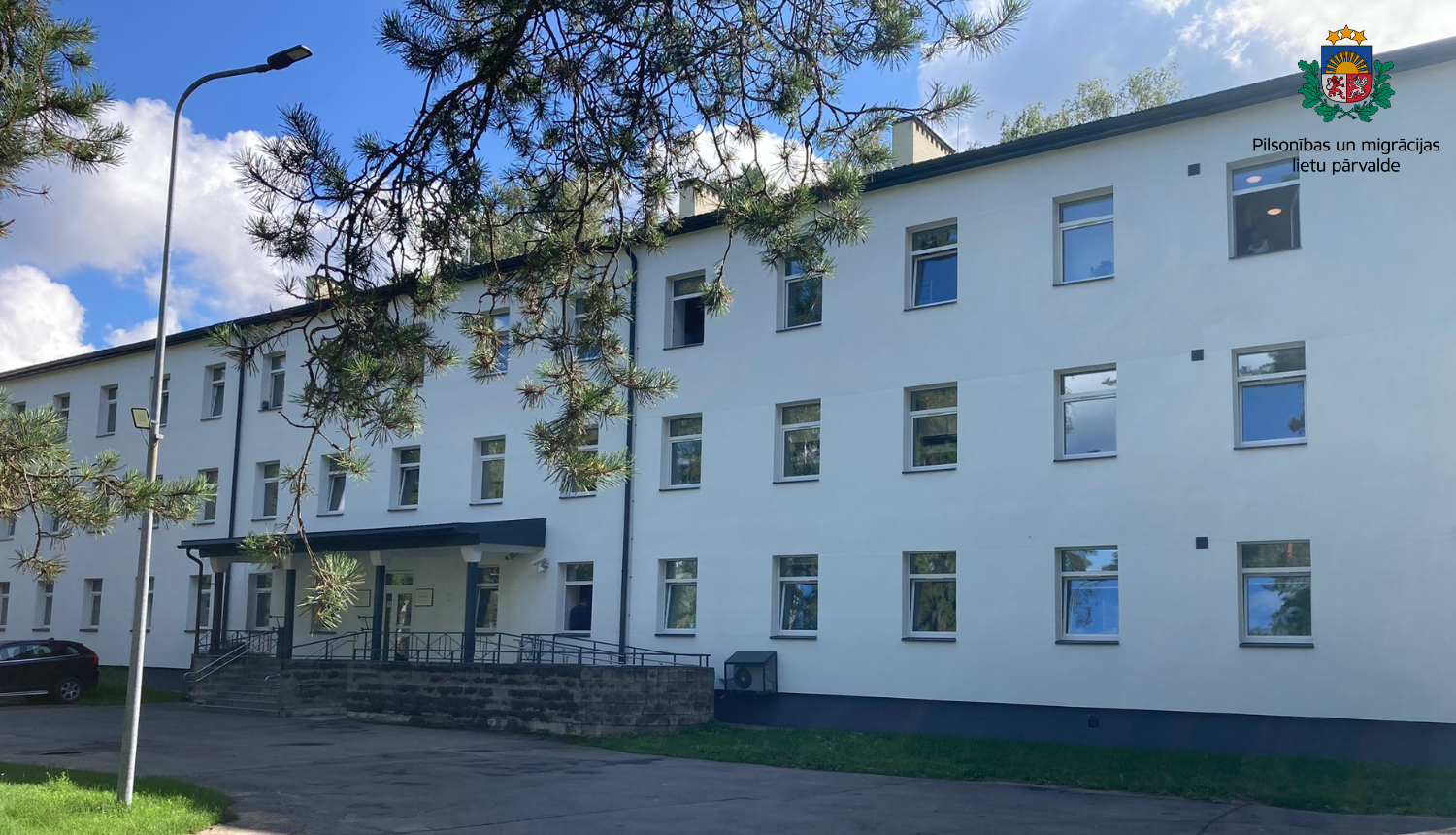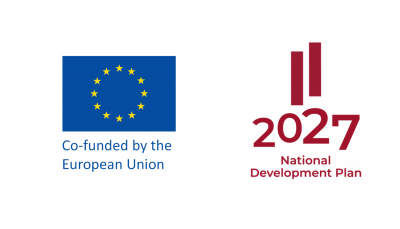The Office of Citizenship and Migration Affairs (hereinafter – the OCMA) has launched the campaign "Humanity. Response. Responsibility" explaining how the asylum procedure in Latvia works and what are the responsibilities of the institutions involved and the asylum seekers.
Over the last 10 years, the OCMA has received more than 5,000 applications from asylum seekers requesting asylum. After a careful assessment of the documents submitted and the individual situation of each person, only 24% of all applicants were granted one of the international protection statuses.
The right to apply for asylum in Latvia and to obtain a refugee or alternative status as a result is determined by the Asylum Law. The State Border Guard Service and the OCMA are the main institutions responsible for ensuring the asylum procedure in Latvia. The State Border Guard registers asylum applications, identifies asylum seekers, takes fingerprints, obtains initial information from asylum seekers and takes other measures in order to obtain all the information to be subsequently transmitted to the OCMA for examination and decision-making on granting or refusing to grant a refugee or alternative status. The State Border Guard is also competent to assess whether there are circumstances when detention of an asylum seeker is necessary.
After receiving the information from the State Border Guard, the OCMA initiates the examination of the asylum application. During the examination of the application, an in-depth personal interview with the asylum seeker is carried out. Each asylum application is examined thoroughly, examining each individual case in depth, objectively and fairly, using accurate and updated information from different sources, for example, from the European Asylum Support Office and United Nations High Commissioner for Refugees, and from relevant international human rights organisations, regarding general situation in the country of origin of the asylum seeker, and, if necessary, in countries, which he or she has crossed.
The laws and regulations of the country of origin and the way they are applied are also taken into account. The time limits for the decision can therefore vary considerably – however, most often the decision is taken within 6 months of the application being registered with the State Border Guard, but in justified cases this can be extended to a total of 15 months from the date of registration of the application.
At the same time, it should be emphasised that a decision to refuse refugee or alternative status may also be adopted in a summary procedure if, for example:
- the asylum seeker has, when submitting his or her application, indicated only circumstances which cannot be the basis for granting refugee or alternative status,
- the asylum seeker is from a safe country of origin,
- the asylum seeker has misled the authorities involved in the asylum procedure by providing false information or documents or by failing to provide relevant information or documents proving his or her identity or nationality,
- the asylum seeker has submitted the application primarily to prevent or impede his or her removal from Latvia,
- the asylum seeker creates threats to the national security or public order and safety, etc.
The asylum process balances humanity towards asylum seekers with accountability before the law. Latvian institutions, as well as asylum seekers themselves, have various obligations under the law, such as to cooperate with Latvian institutions, to provide truthful and complete information about the reasons for seeking asylum.
The Asylum Seekers Accommodation Centres in Mucenieki and Liepna are accommodation facilities run by the OCMA, where asylum seekers who do not have sufficient resources at the time of the examination of their application can live in conditions adequate to human dignity and basic needs.
Asylum seekers have the right to basic healthcare, to receive necessary information about the asylum process and to appeal against negative decisions by the State on their legal protection status.
Asylum seekers are obliged to comply with the internal rules of the Asylum Seekers Accommodation Centre, such as regular cleaning of both individual and common areas, observance of the opening hours and quiet hours of the Centre, participation in inclusion and national language training, as well as other obligations.
For all the campaign materials and more information on the campaign's aims and importance, see https://www.pmlp.gov.lv/en/asylum-seeking
Additional information:
Office of Citizenship and Migration Affairs
Public Relations Division
prese@pmlp.gov.lv, +371 67219185




